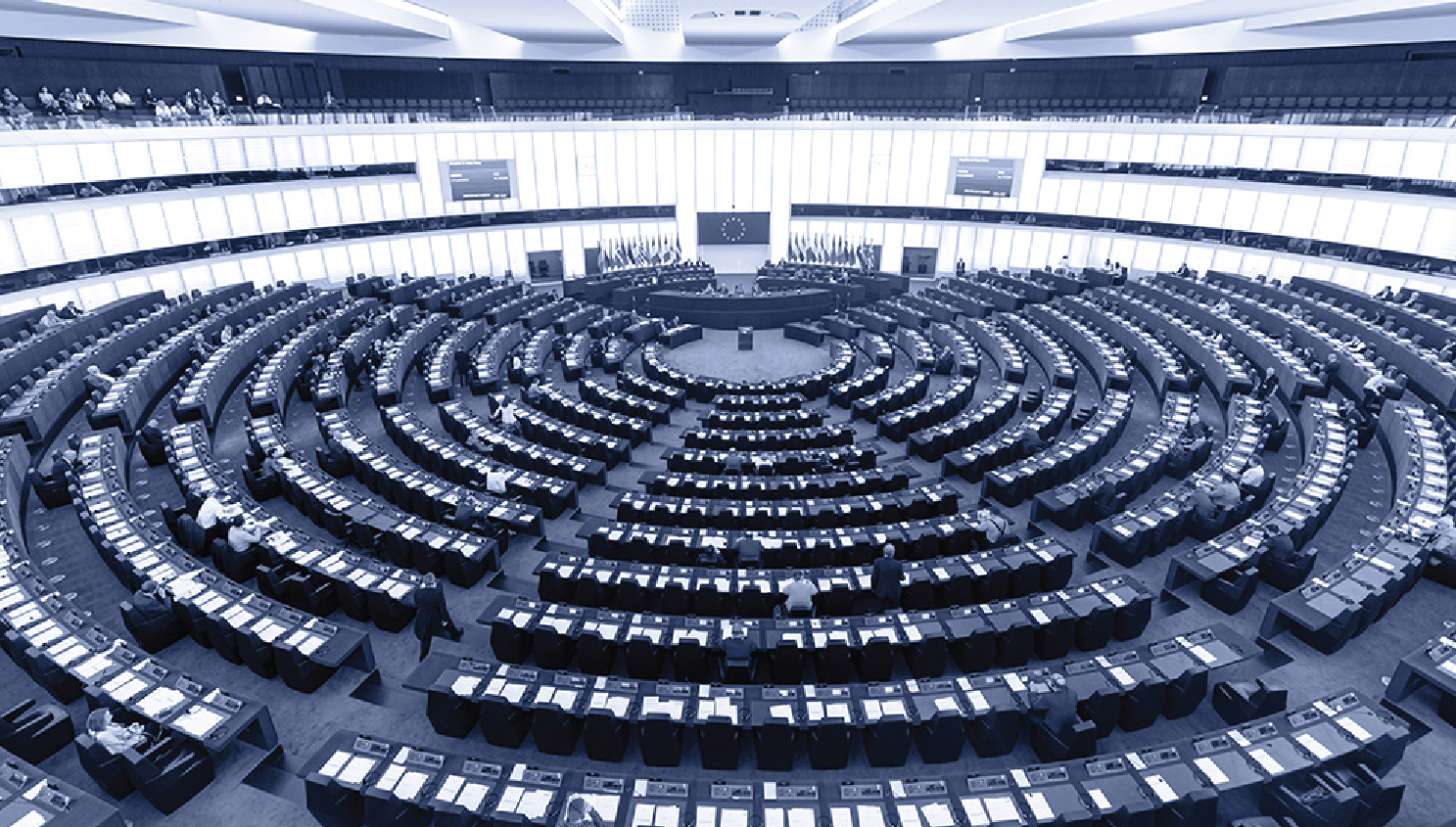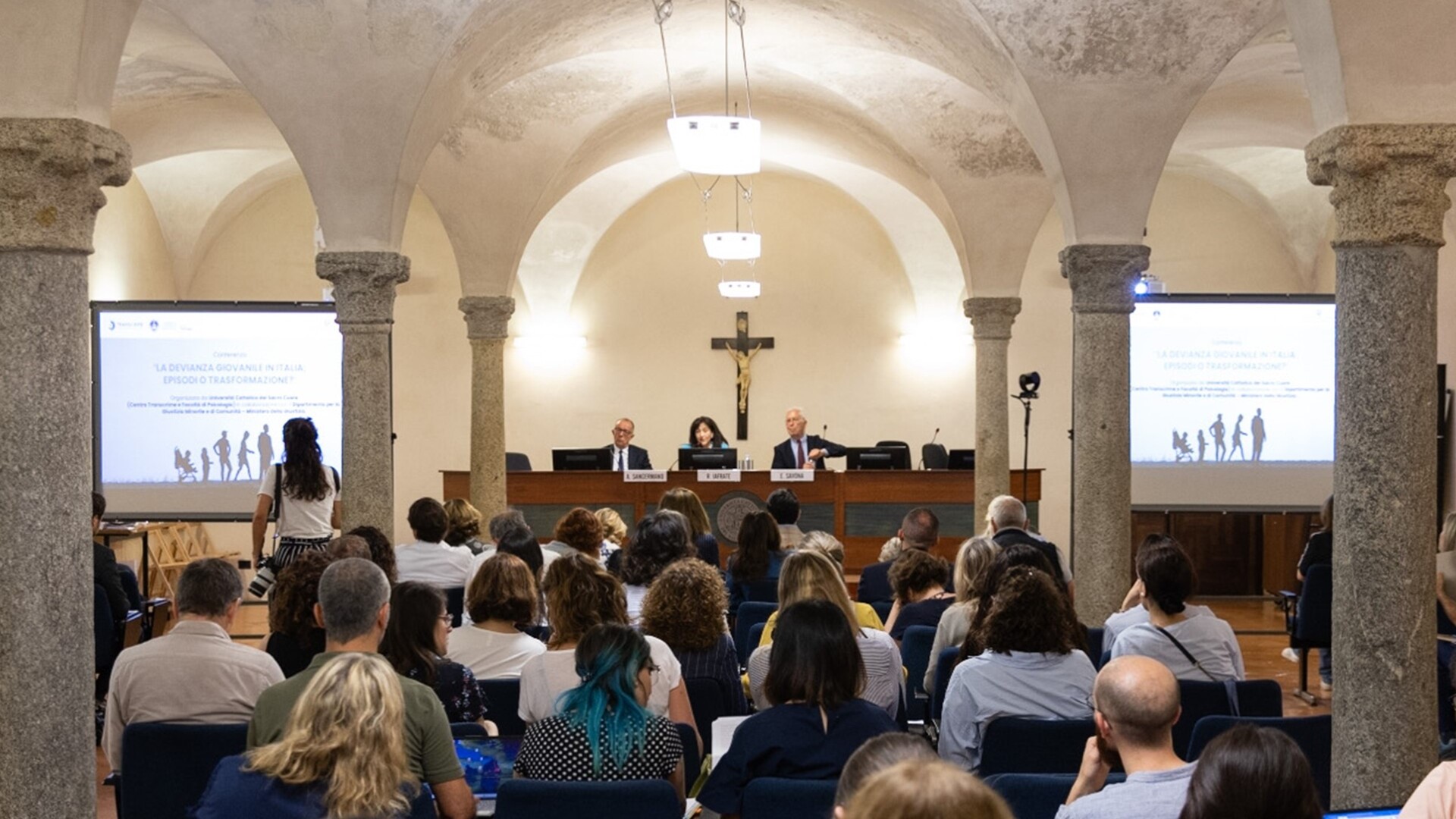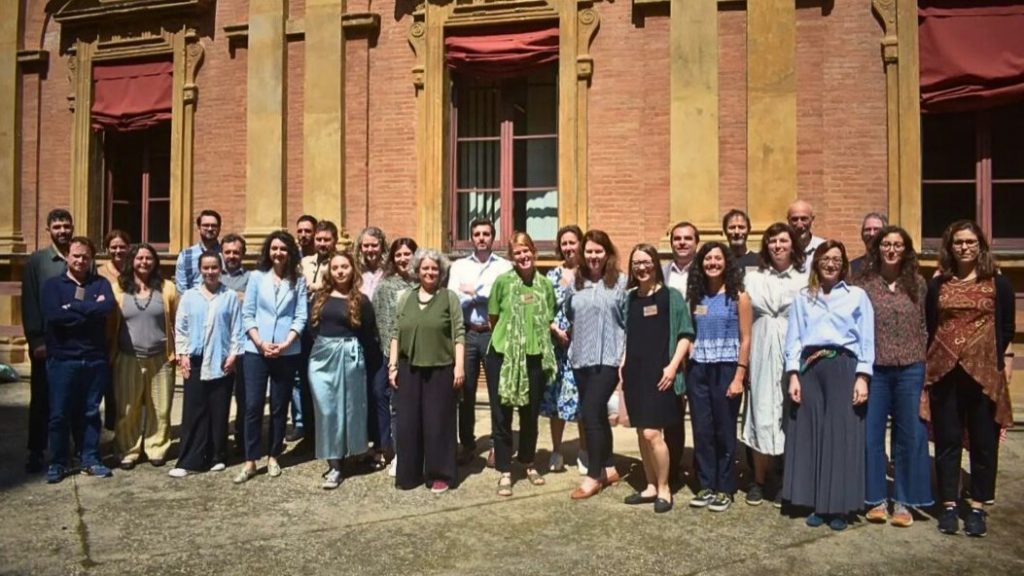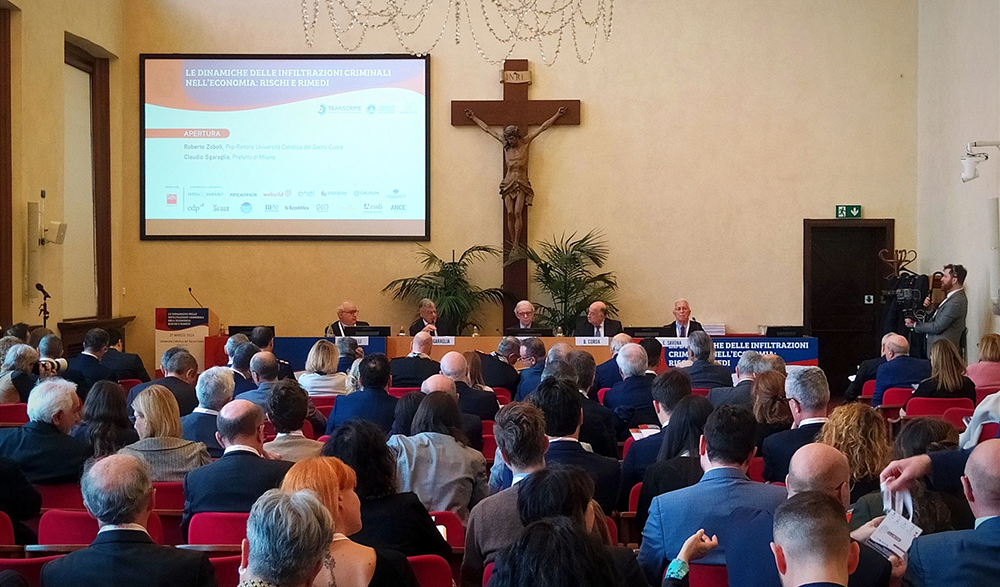Conference: “Juvenile Deviance in Italy: Episodes or Transformation?”
Date: 17 June 2024
Time: 9.30am – 1.30pm
Location: Catholic University of the Sacred Heart (Milan), Largo Gemelli 1
Room: Cripta Aula Magna
In Italian
Public perceptions of juvenile delinquency are often influenced by a distorted and alarmist narrative. But what do the official statistics show? What is more worrying than the stable or even declining incidence of delinquency is the increase in violence and the decrease in the age at which deviant behaviour begins.
Are these isolated events or are we witnessing a transformation in juvenile delinquency?
The conference on 17 June will be an opportunity to present and discuss a study carried out at the USSM in Milan by Transcrime, the Research Centre on Innovation and Crime of the Università Cattolica, together with the Department of Juvenile Justice of the Italian Ministry of Justice, as a follow-up to a previous mapping of youth gangs in Italy (2022).
Experts in criminology, sociology and psychology, together with representatives of public institutions and the third sector, will analyse the emerging risks and causes of this phenomenon, examining the role of families, schools and communities. From this framework, we will discuss effective and coordinated interventions to address situations of social distress and redirect policies to prevent and manage these phenomena.
- Read the Event Programme (ITA).
- The conference will be held in person and will not be streamed.
Register by 12 June here.
Event organised by Università Cattolica del Sacro Cuore (Transcrime and Faculty of Psychology) with Dipartimento per la Giustizia Minorile e di Comunità of the Italian Ministry of Justice.
Per information, please contact conferenzaucsc.dgmc@unicatt.it

Latest news
View all news
Transcrime’s Alignment with Europe’s Security Priorities
On 18 July, ahead of her re-election as President of the European Commission, Ursula von der Leyen presented her programme for the next five years to the European Parliament plenary. Amid increasing external and internal criminal threats to democratic values, the rule of law, and the free market, her speech…

Illicit medicines online: CAPSULE report published
Six out of Ten Illegal Online Ads for Medicines Are Not Recognised by Consumers Only half (53%) of online advertisements for medicines are correctly categorized by consumers as legitimate or illicit. This result emerged from project CAPSULE, conducted by Transcrime–Università Cattolica del Sacro Cuore in cooperation with the…

Juvenile delinquency in Italy: violence on the rise, but not the number of offences
The violent nature of the crimes committed by young people is on the rise and the age at which they commit their first crime is falling, but the number of cases is not increasing. This is the result of a study we carried out on the basis of data from…

RESPOND Kick-Off Meeting
On 22-24 May, the kick-off meeting of the RESPOND project took place at the Alma Mater Studiorum of the University of Bologna together with the consortium partners. RESPOND – Rescuing Democracy from Political Corruption in Digital Societies – is a five-year project funded by the European Commission’s Horizon Europe programme…

Infiltration into the legal economy: the advanced stage of organised crime in Italy
A one-day conference on ‘The Dynamics of Criminal Infiltration in the Economy: Risks and Remedies‘ was held at the Università Cattolica del Sacro Cuore in Milan. The initiative, organised by Transcrime-Università Cattolica del Sacro Cuore and ANFACI (Associazione Nazionale Funzionari Amministrazione Civile dell’Interno), brought together researchers, prefects, magistrates, business and…

Second KLEPTOTRACE Training for Public and Private Organisations
“How to trace complex forms of ownership and control of assets related to corruption and other financial crimes” 8 April, 2024 | 12:30 – 17:30 CET Hybrid attendance: online (webex) or on-site (Università Cattolica del Sacro Cuore, Largo Gemelli 1, Milan) The second training session will cover best practices, database and…
